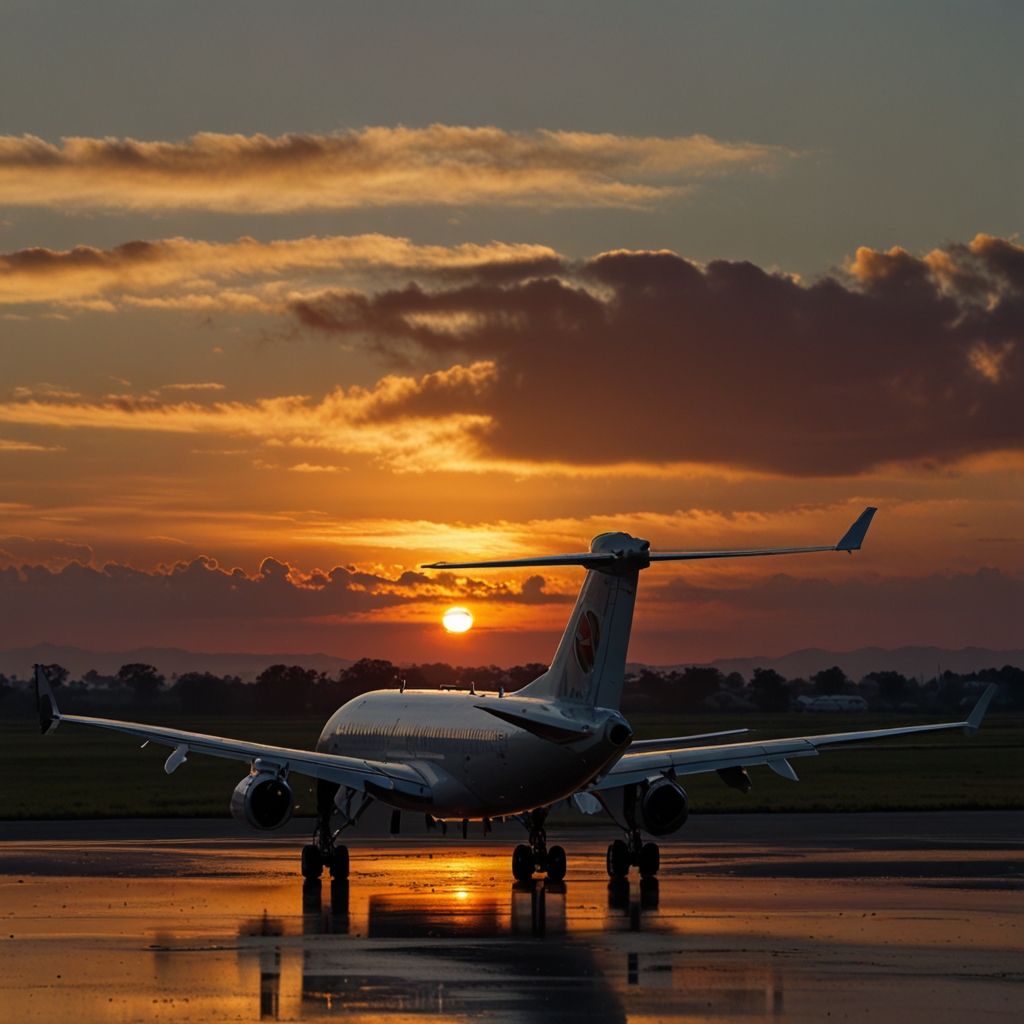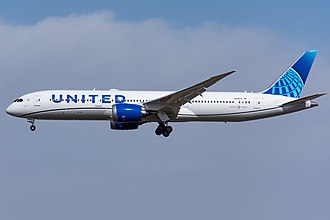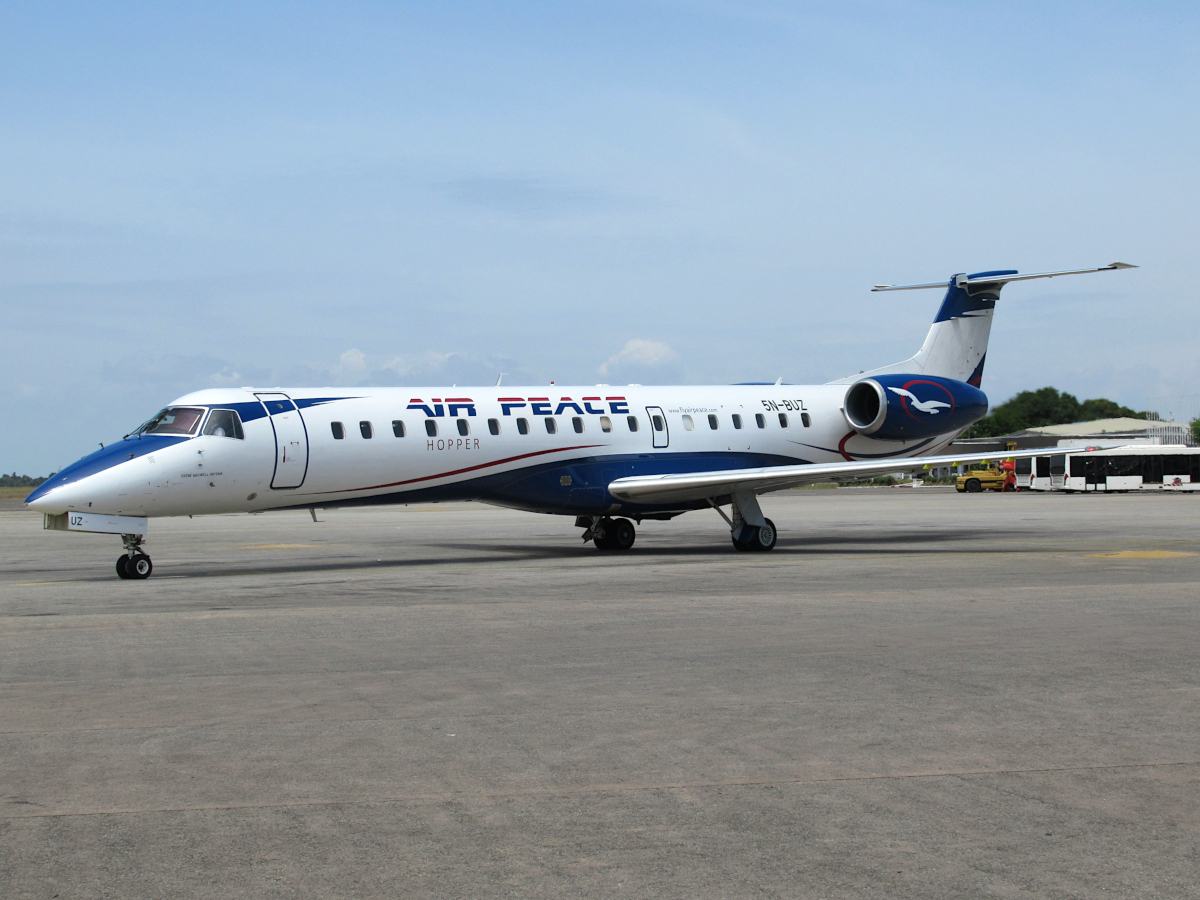
After a wait of nearly 24 years since the provisional application of the bilateral deal between the United States and Africa, the highly anticipated US Open Skies Agreement was finally implemented on May 13, 2024. This agreement, which “includes provisions that allow for unrestricted capacity and frequency of services, open route rights, a liberal charter regime, and open code-sharing opportunities”, is set to increase the number of US airlines operating between Nigeria and the US.
US-Nigeria ‘Open Skies’ Agreement’s Aim
To establish a modern civil aviation relationship with Nigeria, the US Embassy released a statement in agreement with the US Open Skies international aviation policy and commitments to high standards of aviation safety and security. The agreement represents a significant stride towards the liberalization of civil aviation between the US and Nigeria.

Delta is one of two airlines from the US to operate in Nigeria.
The US Department of State, responsible for managing civil air transportation agreements, mentioned that Open Skies agreements have broadened collaborative marketing opportunities with African Aviation. The prime concern between both nations is to maximize operational flexibility with a consumer-friendly environment. Both the nations hope that some of the following changes will benefit them mutually:
-
strengthening economic and commercial relations
-
fostering charter regulations, tourism and business, and creating job opportunities.
-
provide cost-efficient travel for passengers and offer convenient facilities for cargo.
-
eliminate government interference in commercial airline decisions about routes, capacity, and pricing so that airlines can provide more affordable, convenient, and efficient air service to consumers.
The US has forged 130 partnerships in the Open Skies air transport agreements. According to the US Department of State, “Over 70 percent of international departures from the United States now fly to Open Skies partners.”

According to the U.S. Travel Association:
“75 million international visitors spend nearly $250 billion in the United States annually, benefiting American jobs across the aviation, travel, and tourism sector, including hotels, restaurants, attractions, retailers, and domestic air carriers. The United States continues to seek new Open Skies partners, which will continue to drive down costs for travelers and promote people-to-people interactions, information sharing, and international business opportunities.”
According to the Office of the Spokesperson of the US, the aim of the agreement with Nigeria is:
“a step forward in liberalizing the international civil aviation sector in Africa and further expands our strong economic and commercial partnership, promotes people-to-people ties, and creates new opportunities for airlines, travel companies, and customers. With this agreement, air carriers can provide more affordable, convenient, and efficient air services to travelers and shippers, which in turn promotes tourism and commerce.”

United Airlines is the other airlines besides Delta to operate in Nigeria.
What some officials have to say about the US-Nigeria ‘Open Skies’ Agreement
While the transport agreement does open up a possibility to liberalize the skies, some people in Nigeria feel that the agreement is heavily lopsided towards the US as Nigeria’s aviation doesn’t quite have the capacity to operate in the US. Back when the agreement was signed in the year 2000, there were no airlines in Nigeria that could take to the skies of the US. Director of research at Zenith Travels, Olumide Ohunayo, who is also industry analyst, told BusinessDay that the lack of capacity of the local airlines of Nigeria means that the country won’t be benefitted too much.
A similar line of reasoning was shared by the CEO of Centurion Aviation Security and Safety Consult, John Ojikutu, who told BusinessDay:
“There is something in the agreement that gives the US more advantage than Nigeria….. Those in the administration of our aviation sector should come out clean and tell us what is happening as the advantage to Nigeria is just in earnings from Passenger Service Charge, landings, and parking charges from about 7,000 flights annually.”

Air Peace, a airline based in Nigeria got an approval to fly into the US earlier this February.
However, it was only earlier this year that Air Peace got approval to fly in and out of John F. Kennedy International Airport.
How has the US-Nigeria ‘Open Skies’ evolved with recent developments?
Recently, there have been a series of engagements between the Deputy Secretary of the US Kurt Campbell and the Nigerian Foreign Minister Yusuf Tuggar in the following events:
-
April 29-30 U.S.-Nigeria Binational Commission in Abuja
-
the 16th U.S.-Africa Business Summit from May 6-9 in Dallas, Texas,
-
Foreign Minister Tuggar’s May 14-17 visit to Washington
The implementation of the Open Skies agreement is a small microcosm in the partnership between the two nations. The Nigerian President has a ‘4-D’ foreign policy as it focuses on Democracy, Development, Demography, and Diaspora as there are more than 500,000 Nigerian-born U.S. citizens, and legal residents, along with 17,000 Nigerian students studying in the United States. The engagements between the two nations have also touched upon accelerating Nigeria’s growth in the digital landscape and fostering cultural exchange.
